Thanksgiving week has been on our minds at The Farmlink Project for weeks now, what with planning for deliveries, totaling over one million meals, to communities across the country—from Yakima, Washington and Meridian, Idaho; to Phoenix, Arizona and Rumford, Rhode Island. But one state we were especially excited to reach this week was South Dakota, home to Peggy Martin and Bud Manke of Cedar Creek Gardens LLC, and the Sicangu Lakota tribal members who received over 1000 pounds of beautiful winter squash and bell peppers from Peggy’s garden.
We’re new to South Dakota, so Peggy got me acquainted. Her garden, located in the south central part of the state, a long 59 mile drive to Mission, where the Sicangu Lakota Oyate tribe’s Food Sovereignty Initiative is located, on what is now known as the Rosebud Reservation.
Swaths of empty land separate the garden and the nearest organic food stores, farmers markets, farm stands, and Monument Health Hospital where Peggy and Bud sell their produce, so long drives are an inevitable part of their gardening enterprise (which, Peggy told me, was intended only as a small garden when it started). In fact, Peggy was driving the full 40 minutes we spoke, headed home to collect eggs from their free-range chickens.

Peggy and Bud grew up together and had both taken an interest in growing their own food. About ten years ago, they started Cedar Creek Garden (formerly singular, ‘Garden,’ until it became too big; in 2013 they formed an LLC and tacked on an ‘s’). They thought they’d grow vegetables for their families and give some to neighbors here and there, never expecting it to flourish into the operation it is today.
The ‘garden,’ which began as one high tunnel on a small plot, now totals 14 acres of field production and eight high tunnels, with plans to expand. “Really, we weren’t gonna be this big!”
Peggy and Bud grow everything from seed, taking care to feed their soil and vegetables with organic fertilizers, including molasses—an unconventional, but highly effective trick for raising the brix (i.e. sugar or flavor) levels of their vegetables. The molasses also deters pests that aren’t interested in munching on too sweet a plant (they can’t digest sugars very well). “We grow everything except artichokes. We tried those once and it didn’t go well,” Peggy said.
But everything else flies off the stand. And with COVID-19, Peggy and Bud have had even more business. People nearby (the distances are relative, I learned) have begun to appreciate the fuller flavors, freshness, and minimal handling of locally grown produce, not to mention the relative convenience of Cedar Creek Garden’s farm stand—the nearest chain grocery store is an hour and a half away. Many have even started their own gardens, embracing the locally-grown experience.
Yet, much of the land between the hills and the Sicangu Lakota is unfarmed and home to food-insecure communities. The Sicangu Food Sovereignty Initiative is working to change that. It is part of the Sicangu Community Development Corporation, a nonprofit that seeks to strengthen the Tiwahe and Tiospaye, the ‘family’ and ‘extended family’ of the Sicangu Lakota. The Food Sovereignty Initiative provides seeds, tools, and workshops for people to grow their own food. When unloading the squash and bell peppers at the Initiative on Monday, Peggy felt pride in being able to grow food for her community—her extended family, if you will. “It was kinda cool and heartwarming to hear their exclamations.”
< Back
Thanksgiving week has been on our minds at The Farmlink Project for weeks now, what with planning for deliveries, totaling over one million meals, to communities across the country—from Yakima, Washington and Meridian, Idaho; to Phoenix, Arizona and Rumford, Rhode Island. But one state we were especially excited to reach this week was South Dakota, home to Peggy Martin and Bud Manke of Cedar Creek Gardens LLC, and the Sicangu Lakota tribal members who received over 1000 pounds of beautiful winter squash and bell peppers from Peggy’s garden.
We’re new to South Dakota, so Peggy got me acquainted. Her garden, located in the south central part of the state, a long 59 mile drive to Mission, where the Sicangu Lakota Oyate tribe’s Food Sovereignty Initiative is located, on what is now known as the Rosebud Reservation.
Swaths of empty land separate the garden and the nearest organic food stores, farmers markets, farm stands, and Monument Health Hospital where Peggy and Bud sell their produce, so long drives are an inevitable part of their gardening enterprise (which, Peggy told me, was intended only as a small garden when it started). In fact, Peggy was driving the full 40 minutes we spoke, headed home to collect eggs from their free-range chickens.

Peggy and Bud grew up together and had both taken an interest in growing their own food. About ten years ago, they started Cedar Creek Garden (formerly singular, ‘Garden,’ until it became too big; in 2013 they formed an LLC and tacked on an ‘s’). They thought they’d grow vegetables for their families and give some to neighbors here and there, never expecting it to flourish into the operation it is today.
The ‘garden,’ which began as one high tunnel on a small plot, now totals 14 acres of field production and eight high tunnels, with plans to expand. “Really, we weren’t gonna be this big!”
Peggy and Bud grow everything from seed, taking care to feed their soil and vegetables with organic fertilizers, including molasses—an unconventional, but highly effective trick for raising the brix (i.e. sugar or flavor) levels of their vegetables. The molasses also deters pests that aren’t interested in munching on too sweet a plant (they can’t digest sugars very well). “We grow everything except artichokes. We tried those once and it didn’t go well,” Peggy said.
But everything else flies off the stand. And with COVID-19, Peggy and Bud have had even more business. People nearby (the distances are relative, I learned) have begun to appreciate the fuller flavors, freshness, and minimal handling of locally grown produce, not to mention the relative convenience of Cedar Creek Garden’s farm stand—the nearest chain grocery store is an hour and a half away. Many have even started their own gardens, embracing the locally-grown experience.
Yet, much of the land between the hills and the Sicangu Lakota is unfarmed and home to food-insecure communities. The Sicangu Food Sovereignty Initiative is working to change that. It is part of the Sicangu Community Development Corporation, a nonprofit that seeks to strengthen the Tiwahe and Tiospaye, the ‘family’ and ‘extended family’ of the Sicangu Lakota. The Food Sovereignty Initiative provides seeds, tools, and workshops for people to grow their own food. When unloading the squash and bell peppers at the Initiative on Monday, Peggy felt pride in being able to grow food for her community—her extended family, if you will. “It was kinda cool and heartwarming to hear their exclamations.”
Cedar Creek Gardens, LLC
Midland, South Dakota
Thanksgiving week has been on our minds at The Farmlink Project for weeks now, what with planning for deliveries, totaling over one million meals, to communities across the country—from Yakima, Washington and Meridian, Idaho; to Phoenix, Arizona and Rumford, Rhode Island. But one state we were especially excited to reach this week was South Dakota, home to Peggy Martin and Bud Manke of Cedar Creek Gardens LLC, and the Sicangu Lakota tribal members who received over 1000 pounds of beautiful winter squash and bell peppers from Peggy’s garden.
We’re new to South Dakota, so Peggy got me acquainted. Her garden, located in the south central part of the state, a long 59 mile drive to Mission, where the Sicangu Lakota Oyate tribe’s Food Sovereignty Initiative is located, on what is now known as the Rosebud Reservation.
Swaths of empty land separate the garden and the nearest organic food stores, farmers markets, farm stands, and Monument Health Hospital where Peggy and Bud sell their produce, so long drives are an inevitable part of their gardening enterprise (which, Peggy told me, was intended only as a small garden when it started). In fact, Peggy was driving the full 40 minutes we spoke, headed home to collect eggs from their free-range chickens.

Peggy and Bud grew up together and had both taken an interest in growing their own food. About ten years ago, they started Cedar Creek Garden (formerly singular, ‘Garden,’ until it became too big; in 2013 they formed an LLC and tacked on an ‘s’). They thought they’d grow vegetables for their families and give some to neighbors here and there, never expecting it to flourish into the operation it is today.
The ‘garden,’ which began as one high tunnel on a small plot, now totals 14 acres of field production and eight high tunnels, with plans to expand. “Really, we weren’t gonna be this big!”
Peggy and Bud grow everything from seed, taking care to feed their soil and vegetables with organic fertilizers, including molasses—an unconventional, but highly effective trick for raising the brix (i.e. sugar or flavor) levels of their vegetables. The molasses also deters pests that aren’t interested in munching on too sweet a plant (they can’t digest sugars very well). “We grow everything except artichokes. We tried those once and it didn’t go well,” Peggy said.
But everything else flies off the stand. And with COVID-19, Peggy and Bud have had even more business. People nearby (the distances are relative, I learned) have begun to appreciate the fuller flavors, freshness, and minimal handling of locally grown produce, not to mention the relative convenience of Cedar Creek Garden’s farm stand—the nearest chain grocery store is an hour and a half away. Many have even started their own gardens, embracing the locally-grown experience.
Yet, much of the land between the hills and the Sicangu Lakota is unfarmed and home to food-insecure communities. The Sicangu Food Sovereignty Initiative is working to change that. It is part of the Sicangu Community Development Corporation, a nonprofit that seeks to strengthen the Tiwahe and Tiospaye, the ‘family’ and ‘extended family’ of the Sicangu Lakota. The Food Sovereignty Initiative provides seeds, tools, and workshops for people to grow their own food. When unloading the squash and bell peppers at the Initiative on Monday, Peggy felt pride in being able to grow food for her community—her extended family, if you will. “It was kinda cool and heartwarming to hear their exclamations.”
.png)

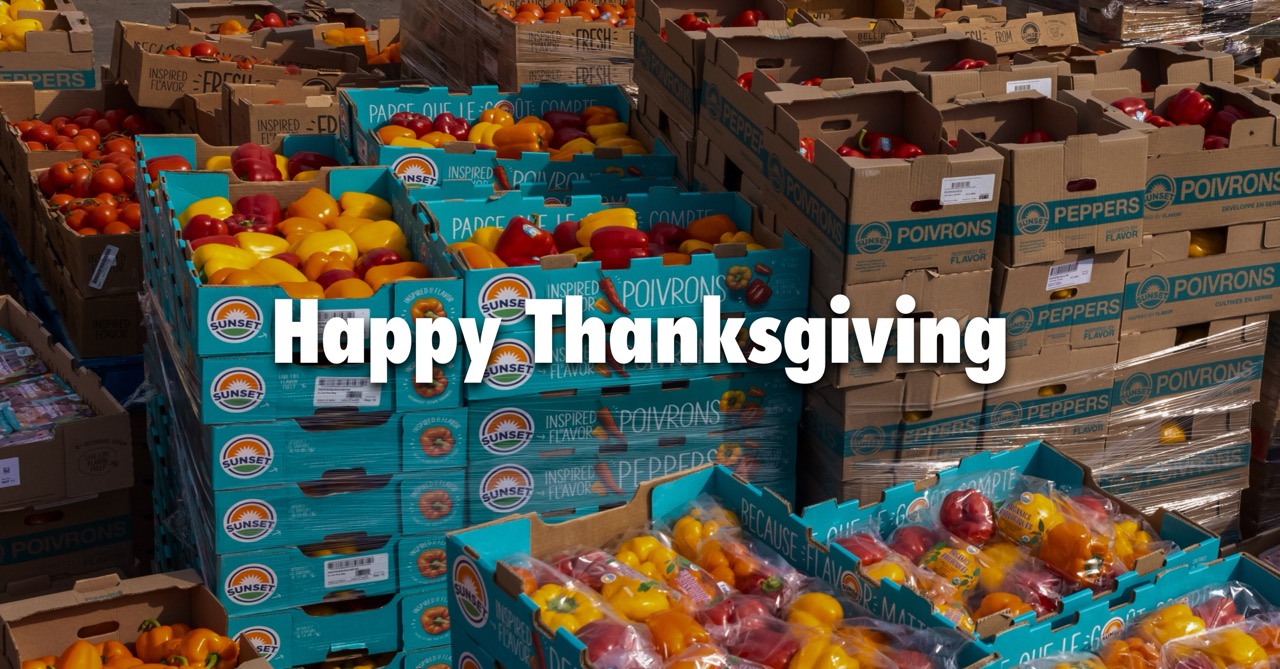
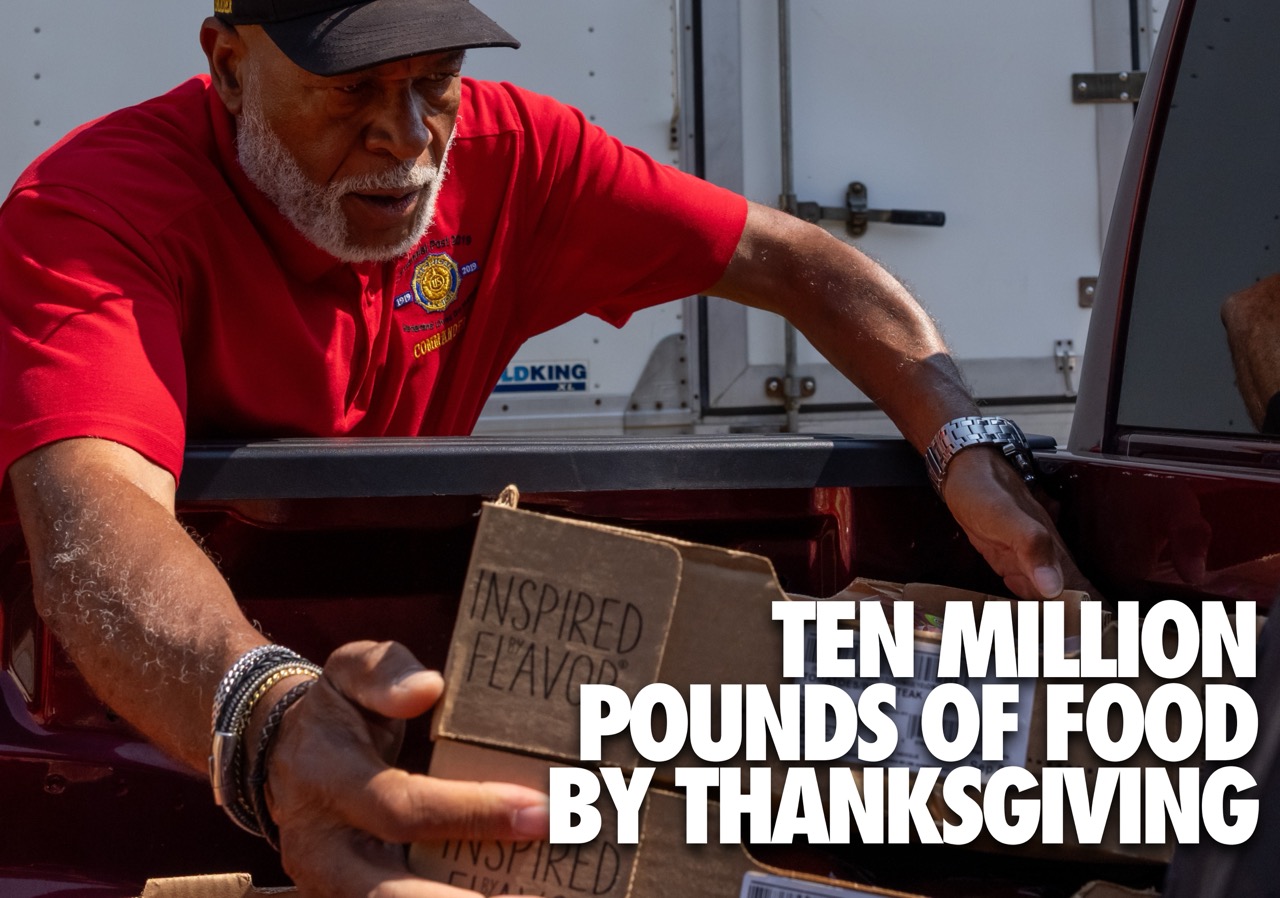
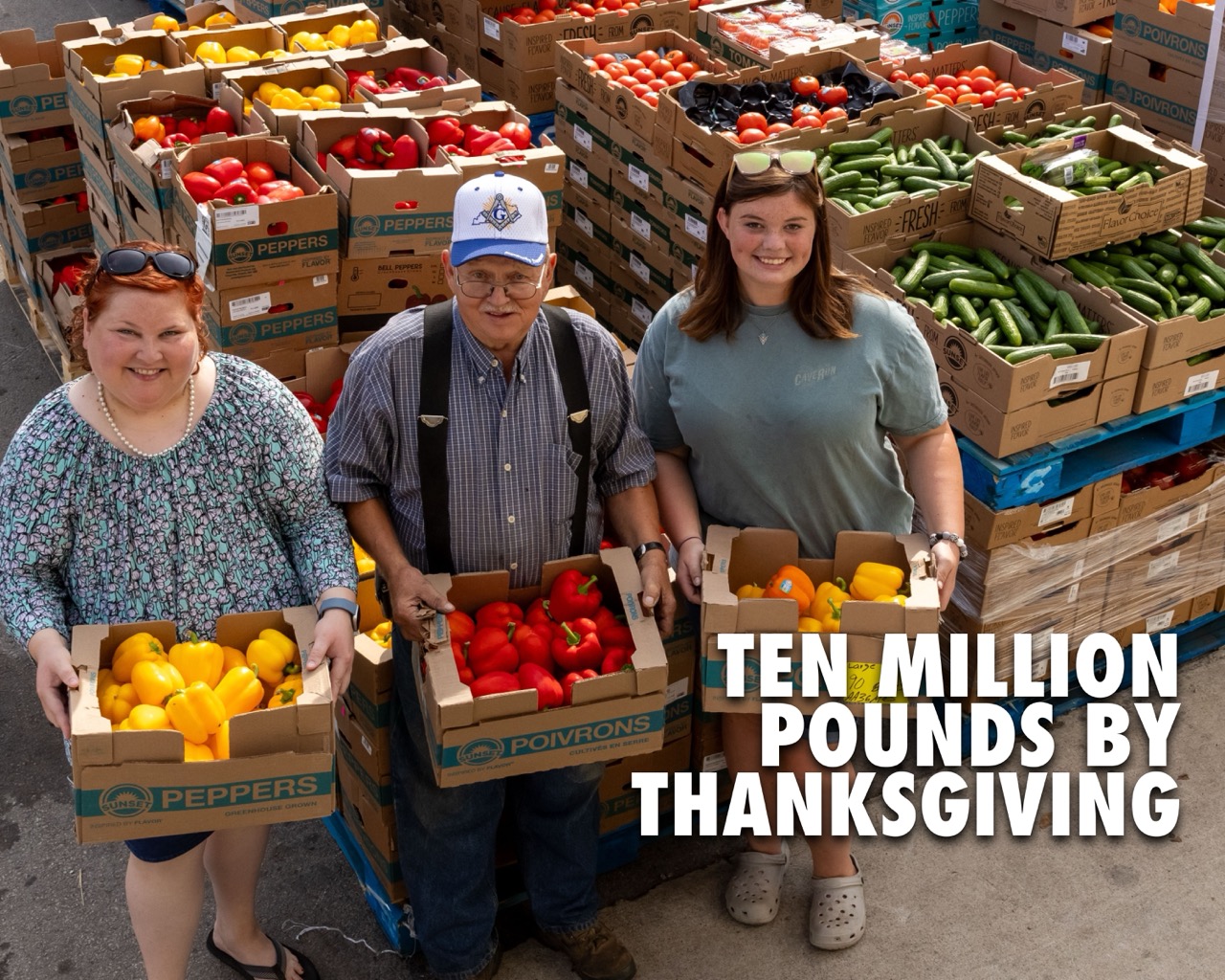
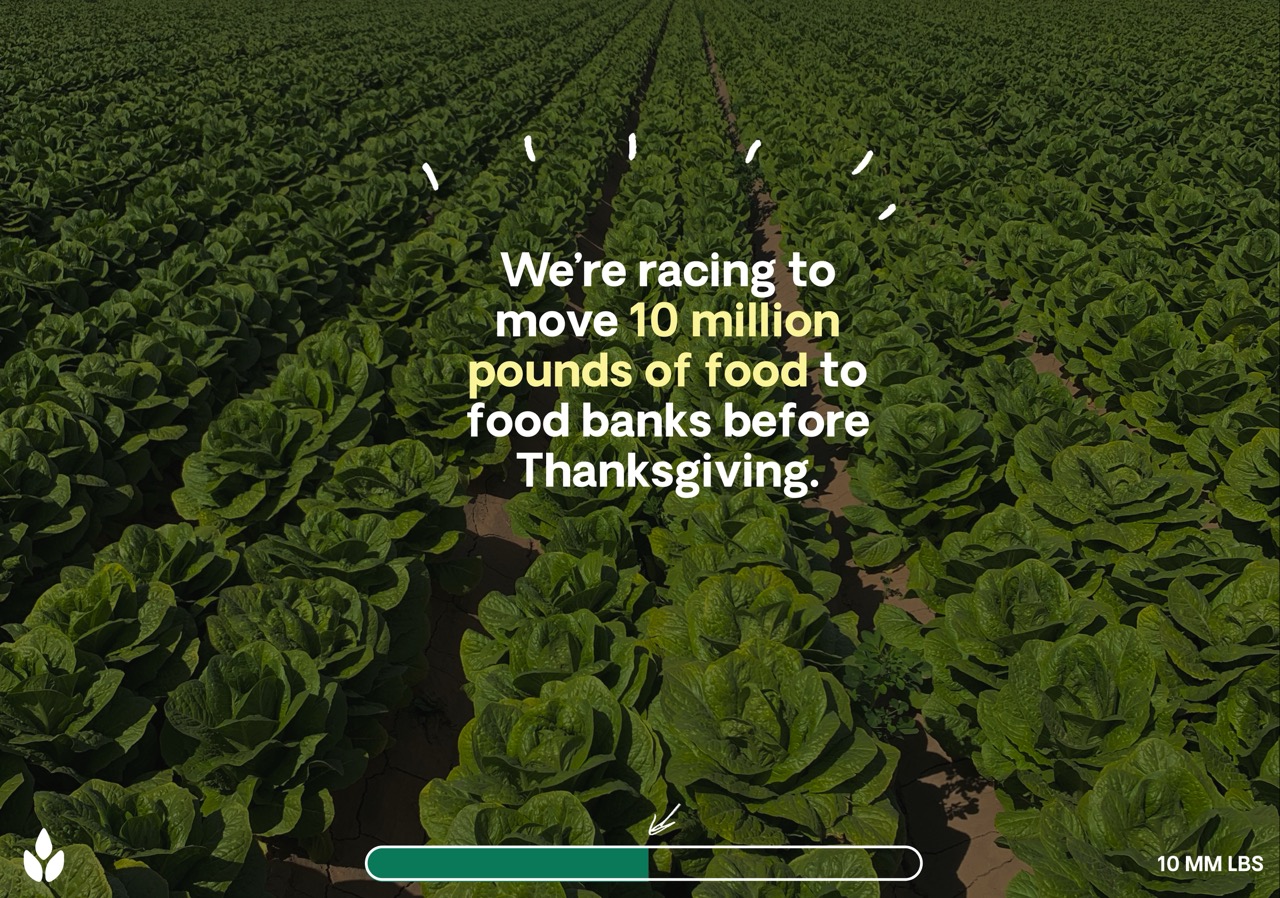
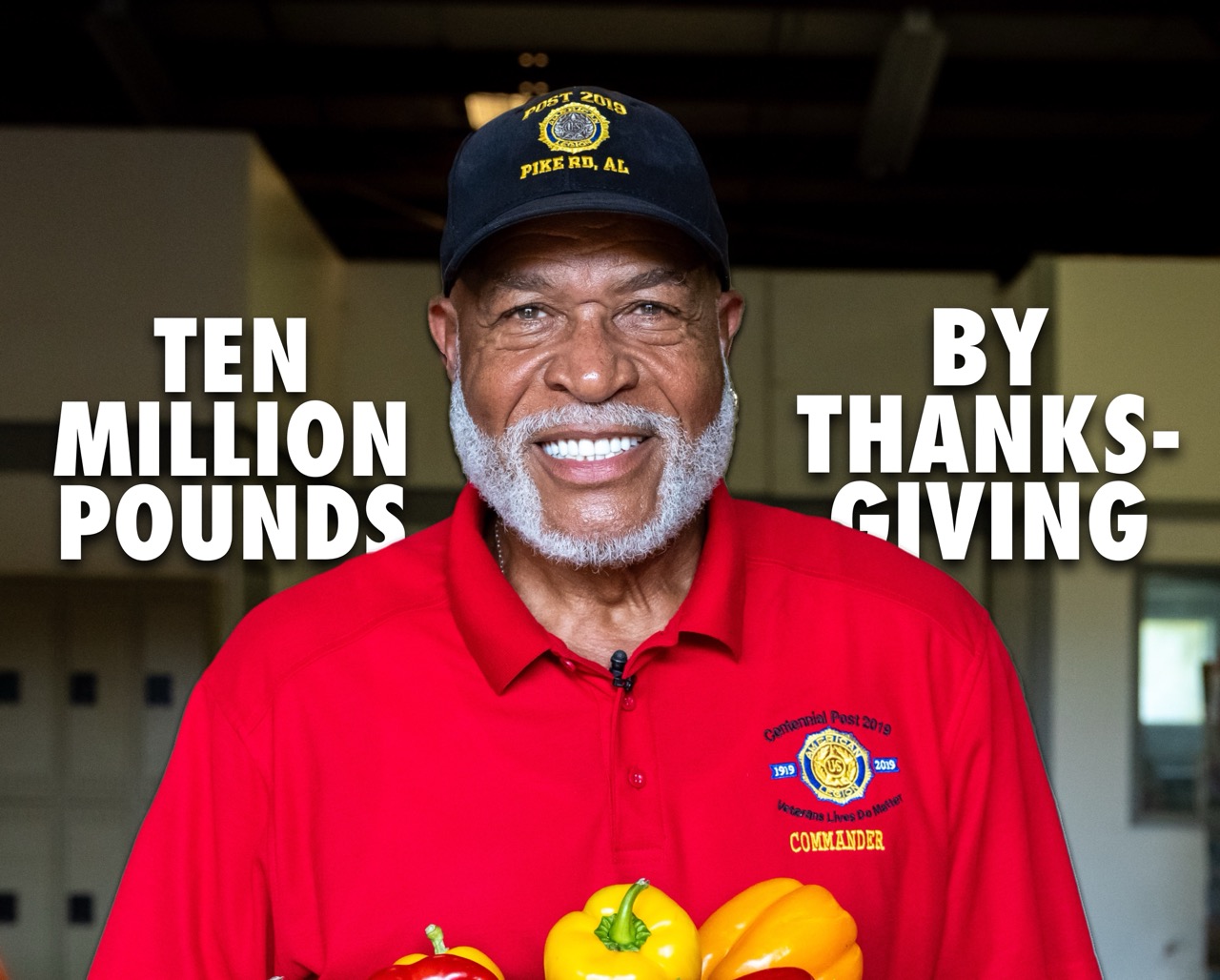
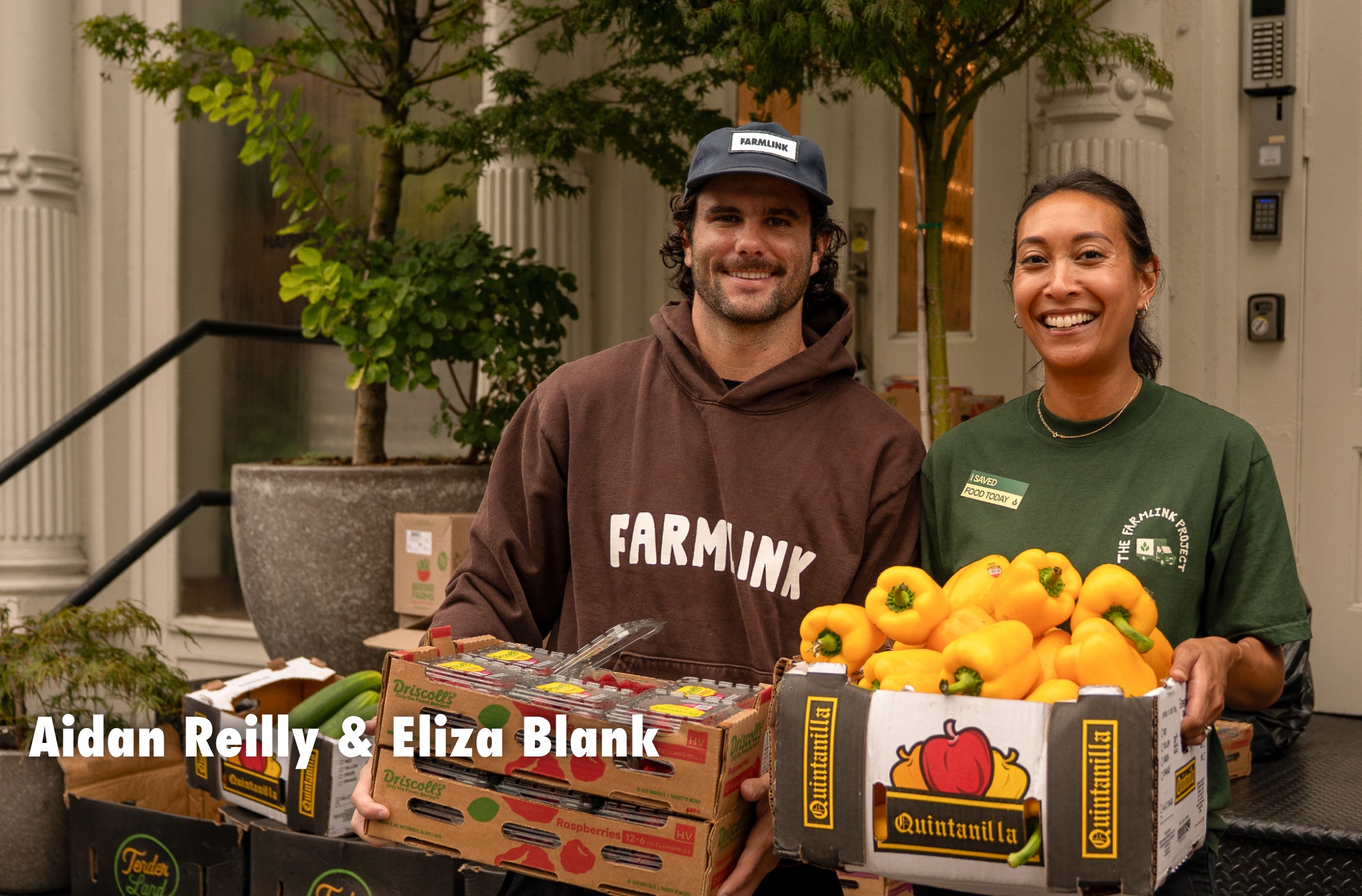
.svg)
.svg)
.svg)